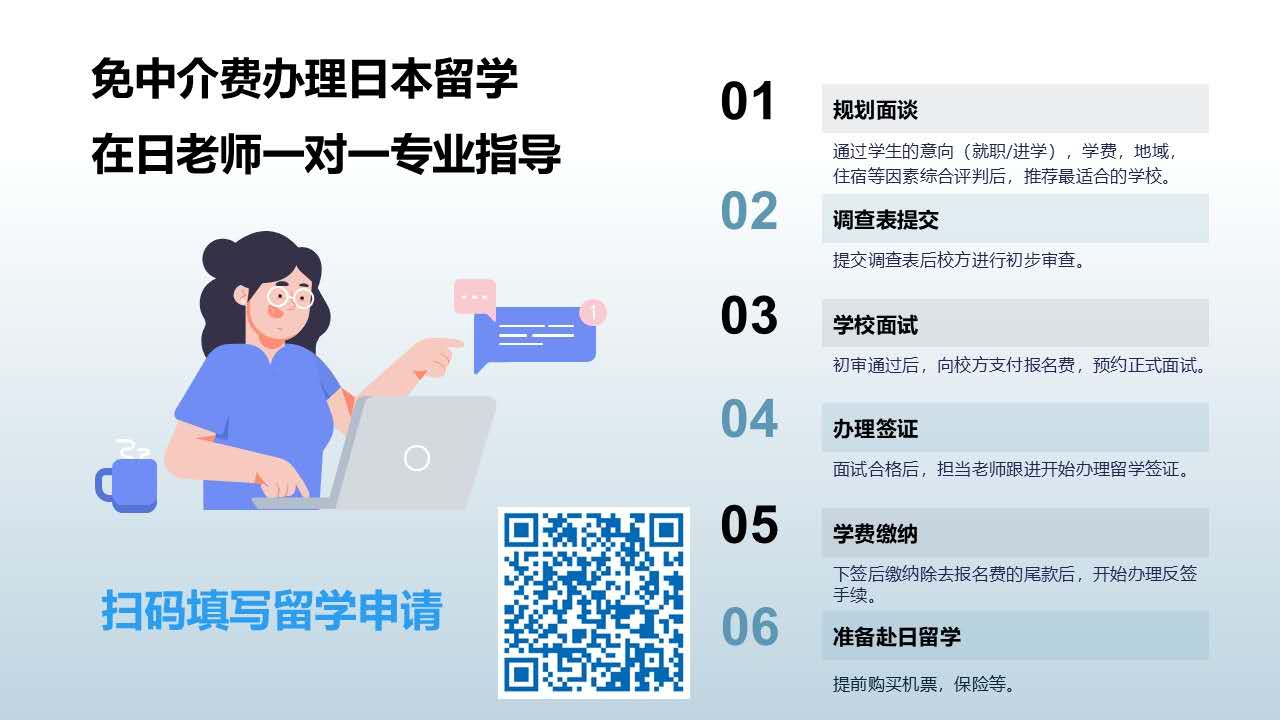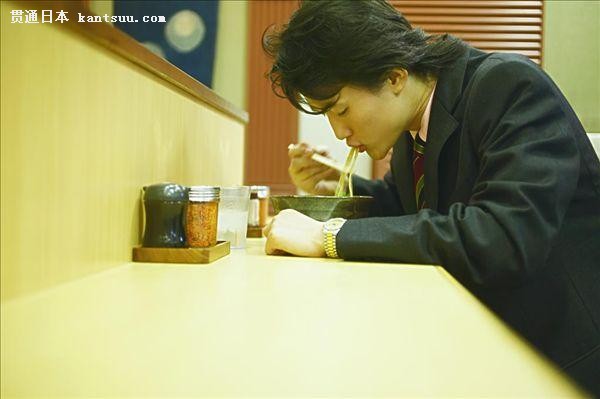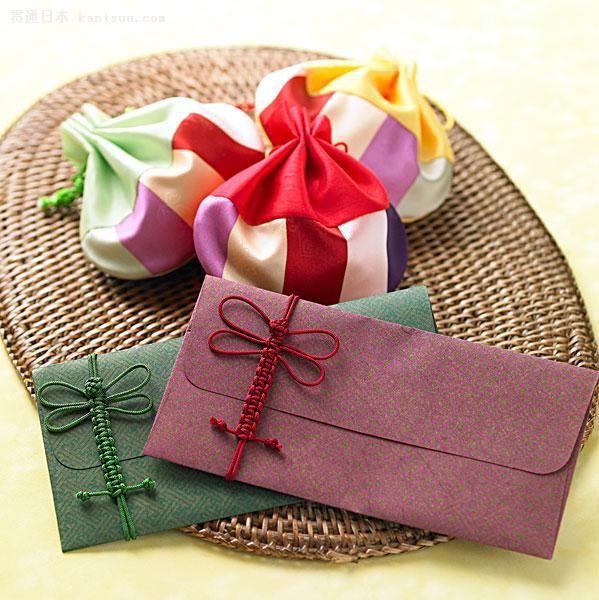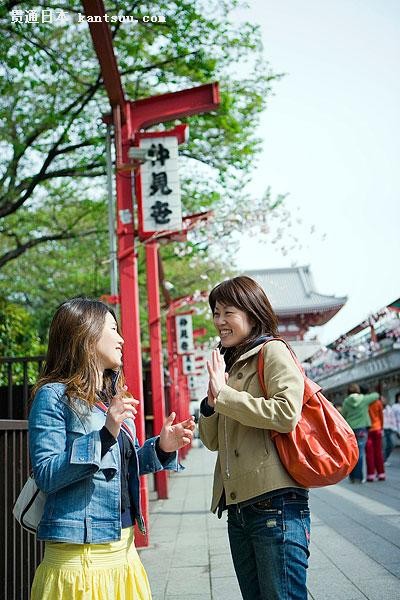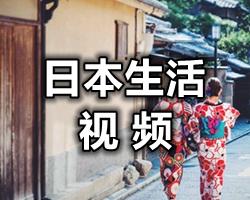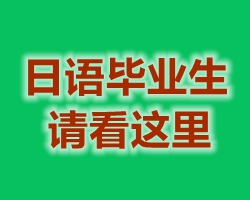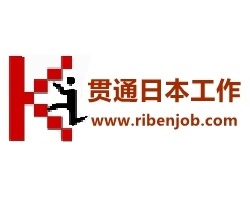|
[摘要 ]如何表现的懂礼貌是项学问,因为文化差异,有些在一个国家被认为是礼貌的举动到了另一个国家可能截然相反,反之亦然……这里有5条在日本最奇葩却被认为是有礼貌的行为。
如何表现的懂礼貌是项学问,因为文化差异,有些在一个国家被认为是礼貌的举动到了另一个国家可能截然相反,反之亦然…… 日本这个国家吧,就有些“与众不同”了——这里有5条在日本最奇葩却被认为是有礼貌的行为。有些真的让老外hin费解而且很长时间都无法习惯……不过到底哪些礼仪被评为日本奇葩礼仪TOP5呢?一起来打开新世界吧! #5. Making no sounds 制造噪音 I don’t know about you, but ever since I was a kid I was told that making sounds while eating was basically the worst thing you could do while having a meal with others, short of hurling bowls and silverware at your host. 不知道你是不是这样,反正我从小就知道,如果和别人一起吃饭,除了在主人家里扔碗筷之外吃东西的时候发出声音是最糟糕的事情了。 And yet in Japan, when you go to a ramen restaurant, what sound fills the air? Slurping. Making saliva-saturated sucking sounds is perfectly a-okay in Japan, in fact it’s a sign that you’re enjoying the dish. For some it can be sickening, while for others it can be the sound of freedom ringing in their ears, a sign that they can finally enjoy their noodles the way they always wanted to, but were too afraid to try. 然而在日本当你来到一家拉面馆,是什么声音充斥了整个空间?是吸面条的声音。在日本发出这种渗透着口水的吮吸声是完全OK的,事实上这正意味着你对食物非常享受。对一些人来说这可能有些恶心,但对另一些人来说这是一种自由的声音,象征着他们想怎么吃就怎么吃——不过恐怕也不敢轻易尝试。 注:还有一种被认为是不礼貌的行为在日本却并非如此:大声抽鼻子。尽管在日本的公共场合擤鼻涕对于他人来说是不顾及他人感受的一种行为,但如果你一整天都抽鼻子却是完全可以被接受的。 #4. Elevator etiquette 第四名:电梯礼仪 In Japan, using the elevator politely is as much a part of Japanese common sense as bowing and slurping. 在日本,遵守电梯礼仪就像鞠躬和吸食一样稀松平常。 The biggest difference is the usage of buttons. If you’re with a group of coworkers or guests, it’s considered polite to press and hold the “door open” button until everyone else is inside/outside the elevator, then let yourself in/out last. Even if you’re not with guests, if you’re next to the buttons it’s usually polite to hold the “door open” button until everyone is inside, then press the “door close” afterward to make the whole process as speedy as possible. 最大的不同之处就在于对于电梯按钮的使用。如果你和一群同事或者客人一起乘电梯,按住“开门”的按钮直到每个人都进入或离开电梯是一种基本礼仪。即使你并没有和客人一起乘电梯但却是距离电梯按钮最近的人,那么通常来说有礼貌的做法是按住“开门”的按钮直到每个人都进来了然后再按“关门”按钮——整个过程越快越好。 #3. Not pouring your own drink 第三名:不要给自己倒饮料 Unless you want to be thought of as a rude barbarian, then be careful not to pour your own drinks when you’re out eating with friends and coworkers. In Japan, pouring your own drink is basically the selfish equivalent of eating off other people’s plates. 除非你想被认为是无理的野蛮人,否则在外和朋友同事吃饭的时候要注意不要给自己倒饮料。在日本为自己倒饮料就和吃光别人碗里饭菜一样自私。 “But wait,” you might say, “what do I do if I want a drink and my glass is empty? Just die of thirst?” “等等!”你也许会问:“万一我的饮料喝光了怎么办?等着渴死吗?” No need to shrivel up, friend! Just grab the water/soda/alcohol container and fill up some other people’s glasses that are getting a little low. Chances are they’ll reciprocate and fill yours up right away. 别傻愣着了朋友!拿起水瓶、汽水瓶、酒瓶给其他人饮料稍稍减少的杯子倒上,那么很可能他们也会立刻回应你的好意给你倒上的。
#2. Omiyage 第二名:伴手礼 For those unaware, omiyage are gifts that you bring back to your friends, family, and coworkers after you go visit someplace on a trip. If you go to Hokkaido, you bring back Shiroi Koibito chocolate. And if you go to Tokyo, you best be bringing back some sweet Tokyo Banana. 对那些不知情的人,伴手礼就是你出去旅游后给亲友同事带回的礼物而已。如果你去北海道,那么就带点白色恋人巧克力。如果你去了东京,就带点甜甜的东京香蕉。 Now that might not sound so bad… as long as you’re on the receiving end of the omiyage. When you’re on the giving end, it can be a nightmare. Some offices are pretty lenient when it comes to omiyage, but others have an expectation that whenever somebody goes on vacation, or even a business trip, they’ll be bringing back goodies for the entire office. 这听上去还行——当你是收礼的人的时候。当你是送礼的一方时,这简直就是噩梦。有些办公室对于伴手礼没那么要求严格,而有些则要求只要有人出去度假甚至是出差就必须带点礼物给整个办公室的人。 Getting all of that omiyage is not only time-consuming and cumbersome, sometimes requiring you to plan in advance to bring an empty bag just to pack it all back in, but it can be expensive. Omiyage alone can add an additional 10 to 20-percent to the cost of a vacation. 带伴手礼不仅耗时耗力,而且有时还会让你不得不提前计划好带一个空袋子去装,真是代价昂贵。光为伴手礼花的钱就能占旅行费用的10%到20%。 But alas, such is the cost of being polite! 唉,这就是懂礼貌的代价吧! And the #1 strangest ways to be polite in Japan is… 第一名:最最最最奇葩的日本礼仪是……
Saying “sorry” instead of “thank you” 用“对不起”代替“谢谢” A lot of the time in Japan, when you want to thank someone, you don’t use the word for “thank you” (arigatou, arigatou gozaimasu, etc), but instead you use the word for “sorry/excuse me” (sumimasen). 在日本大多数时候当你想要感谢某人的时候,你不会说“谢谢”,而是会说“对不起/抱歉”。 At first that might make sense. After all, even in English we have expressions like “oh you shouldn’t have!” when we’re given a present. But now imagine if you said that in a lot of other situations…… 一开始这可能还说得过去。毕竟在英语(精品课)里面,当我们收到礼物的时候也用“哦!不要这么客气!”这样的话语。但是试想在大多数场合都这么说会怎么样呢…… Saying “oh you shouldn’t have” or “I’m sorry” in those situations in English would just seem awkward, but in Japanese it’s perfectly natural. Basically anytime someone does a favor for you, or even often when they give you a gift, saying “I’m sorry” is completely normal. 在英语的一些场合中说“哦!你太客气了!”或者“对不起”会显得有些尴尬,但在日本却非常顺理成章。基本上任何时候只要有人帮了你一个帮甚至是当你收到礼物的时候说声抱歉是非常正常的事情。 |
日本的五大奇葩礼仪TOP5:每一条都让老外懵逼
文化录入:贯通日本语 责任编辑:贯通日本语
相关文章
没有相关文化
